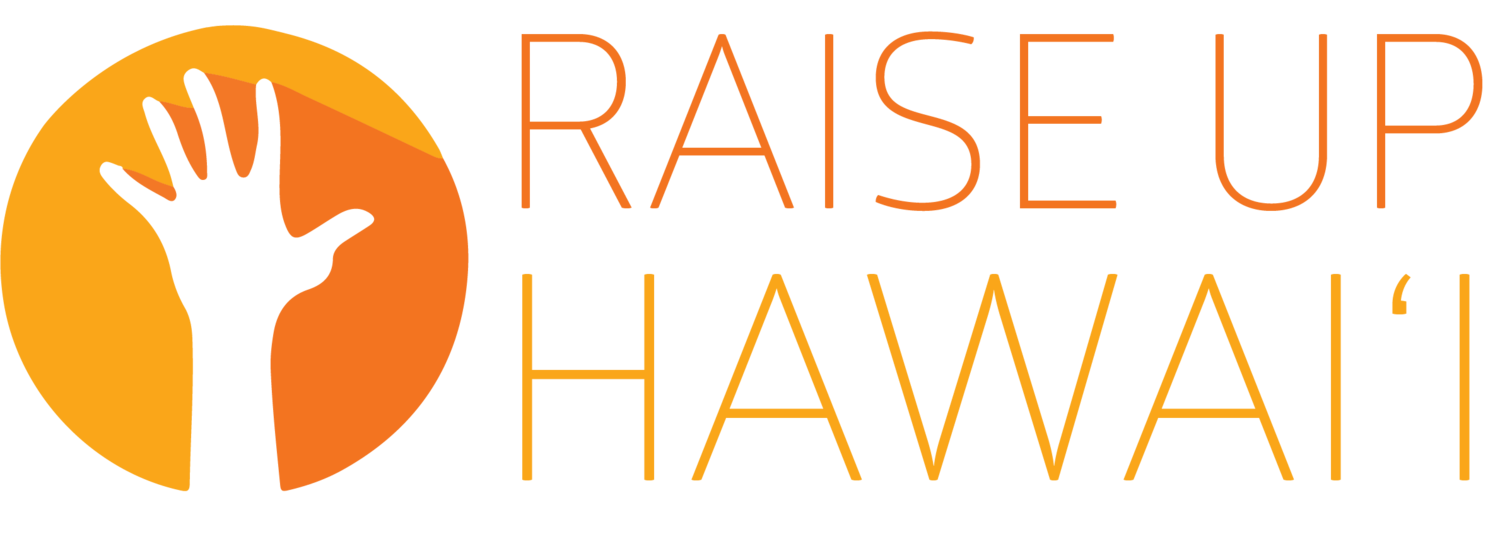Minimum wage hike would mean living wage to meet basic needs, help grow economy
The 2018 elections brought the number of living wage supporters above a majority in both the state House and Senate, setting the stage for a living wage bill to pass in 2019.
This follows a campaign season where both Democratic gubernatorial candidates, David Ige and Colleen Hanabusa, frequently discussed their support for a living wage.
A living wage is what a full-time worker needs to afford their basic needs. For employees without employer-provided health care, a living wage is well above $20 per hour here in Hawaiʻi.
Fortunately, many employees are provided health care—dropping the living wage down to just $17 per hour, or approximately $34,000 annually. Hawaiʻi’s minimum wage currently sits at only $10.10, meaning full-time workers only earn $21,000 per year.
Despite laborers fighting for a 40-hour work week for centuries, Hawaiʻi’s low wages require many workers to put in 65 hours or more, just to make ends meet.







